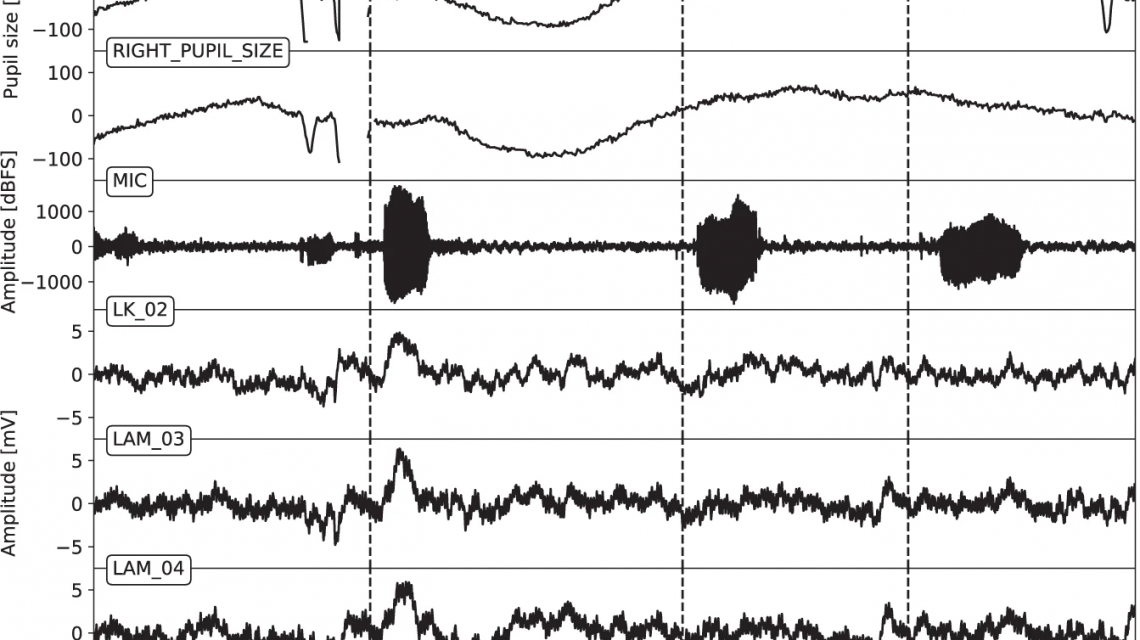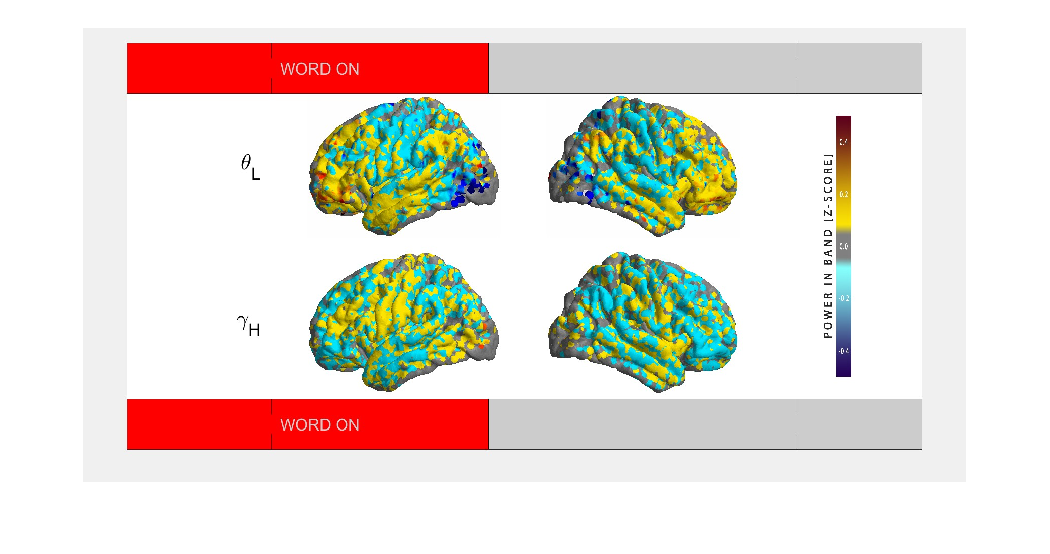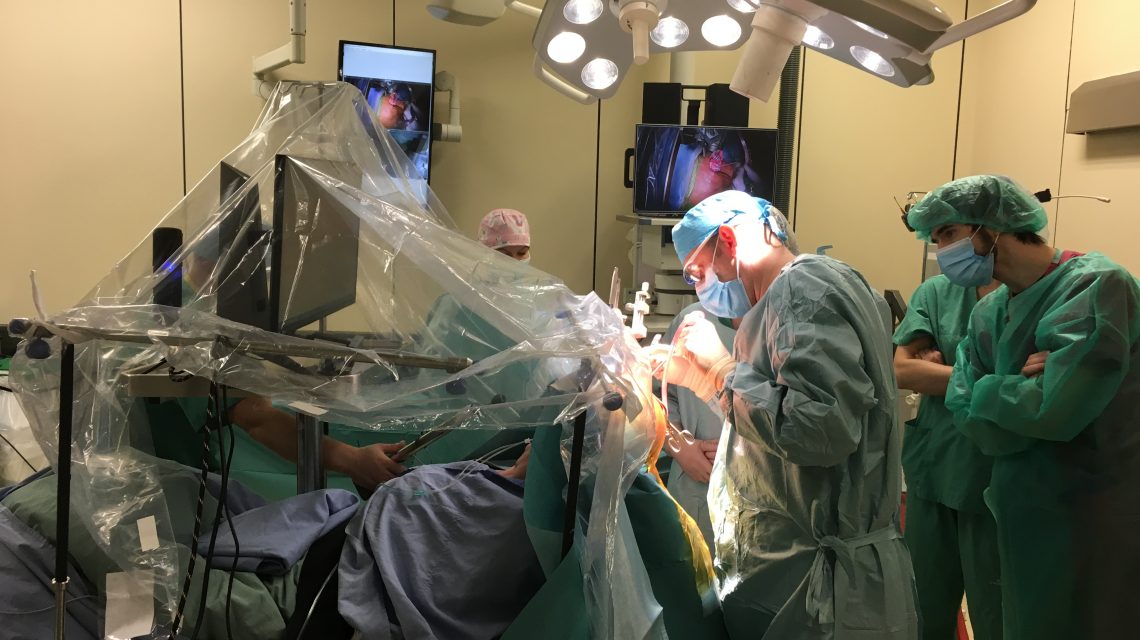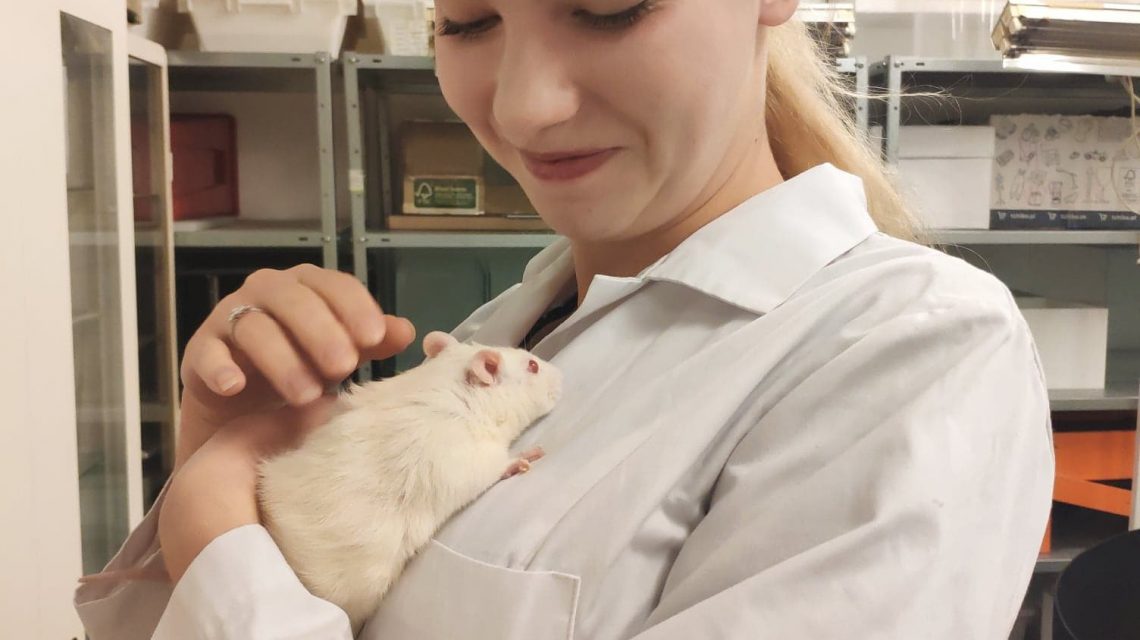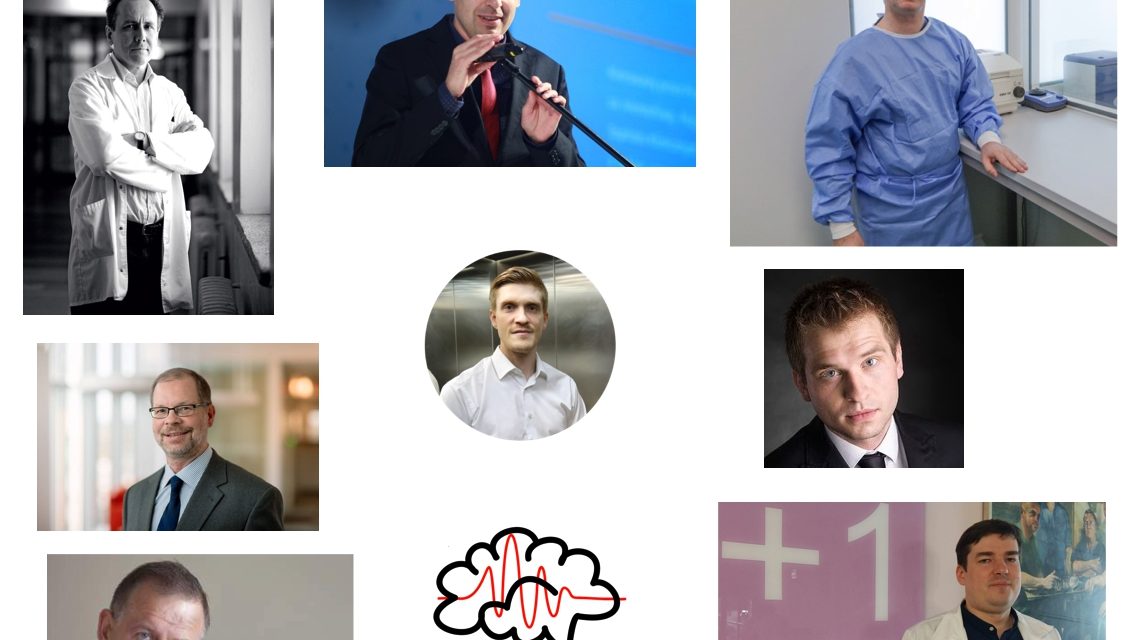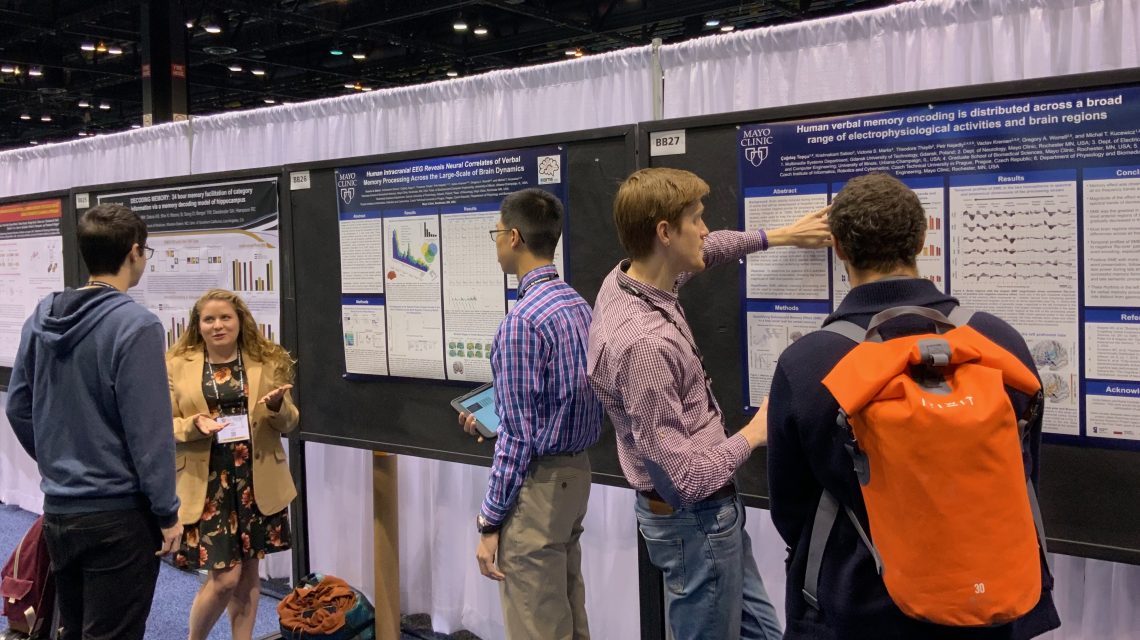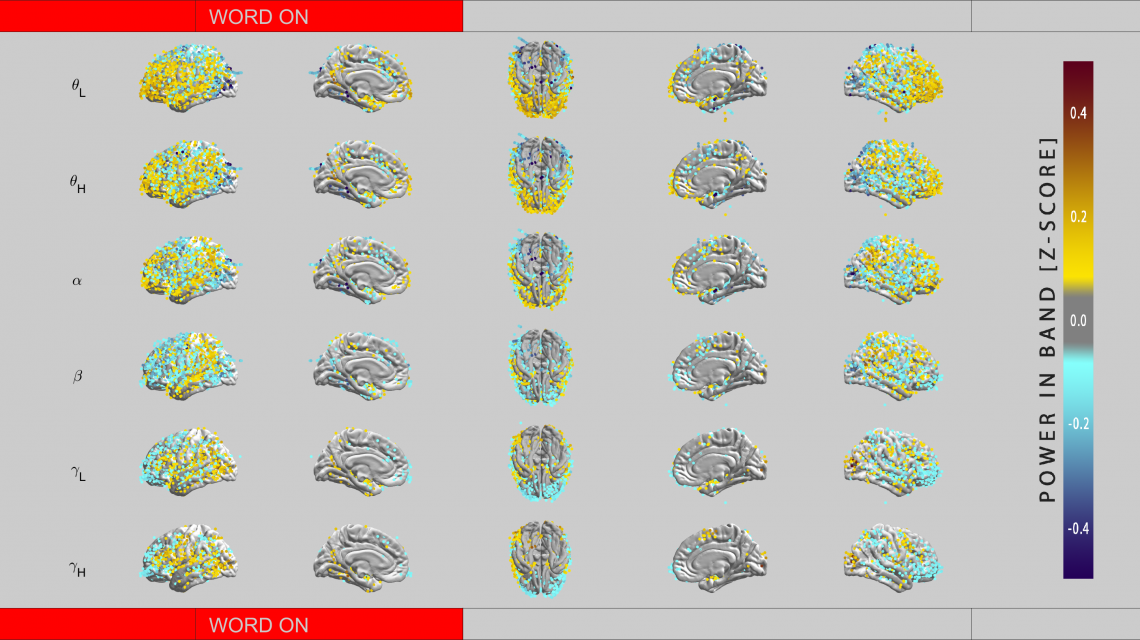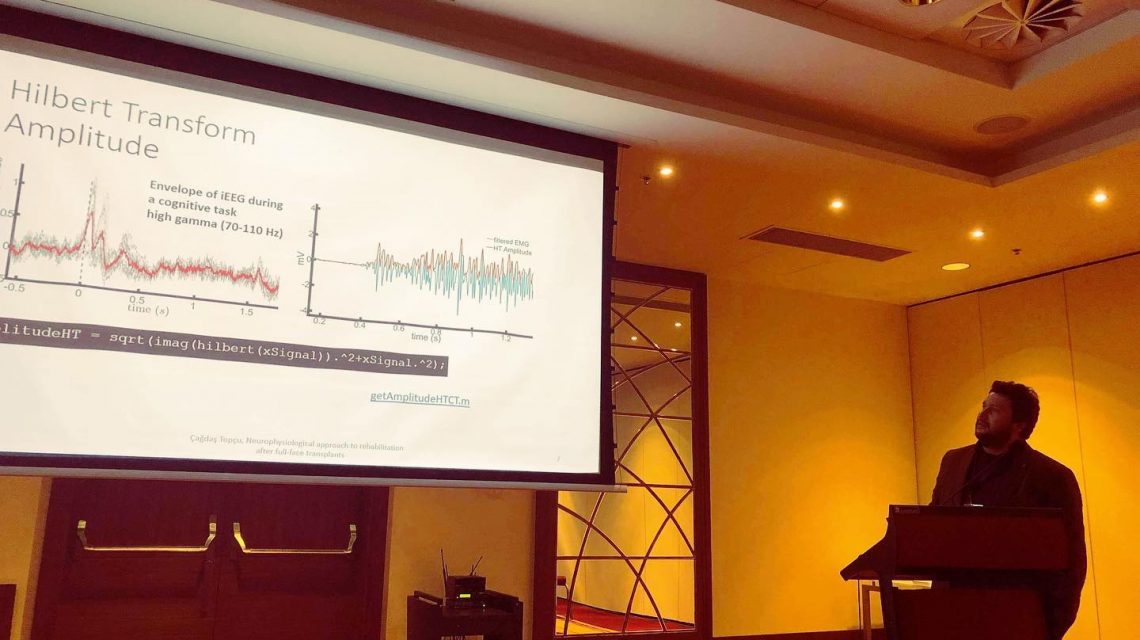BME lab publishes unique human brain recordings
This month our BME lab published unique recordings of brain wave activities from electrodes implanted in epilepsy patients. The electrodes were recording signals from multiple contacts located in various regions of the brain as the patients were performing computer tasks for memory and cognitive functions. At the same time, an infra-red light camera was registering the size and position of the pupils in both eyes to determine gaze focus and the level of attention (synchronized with the…
Continue reading
